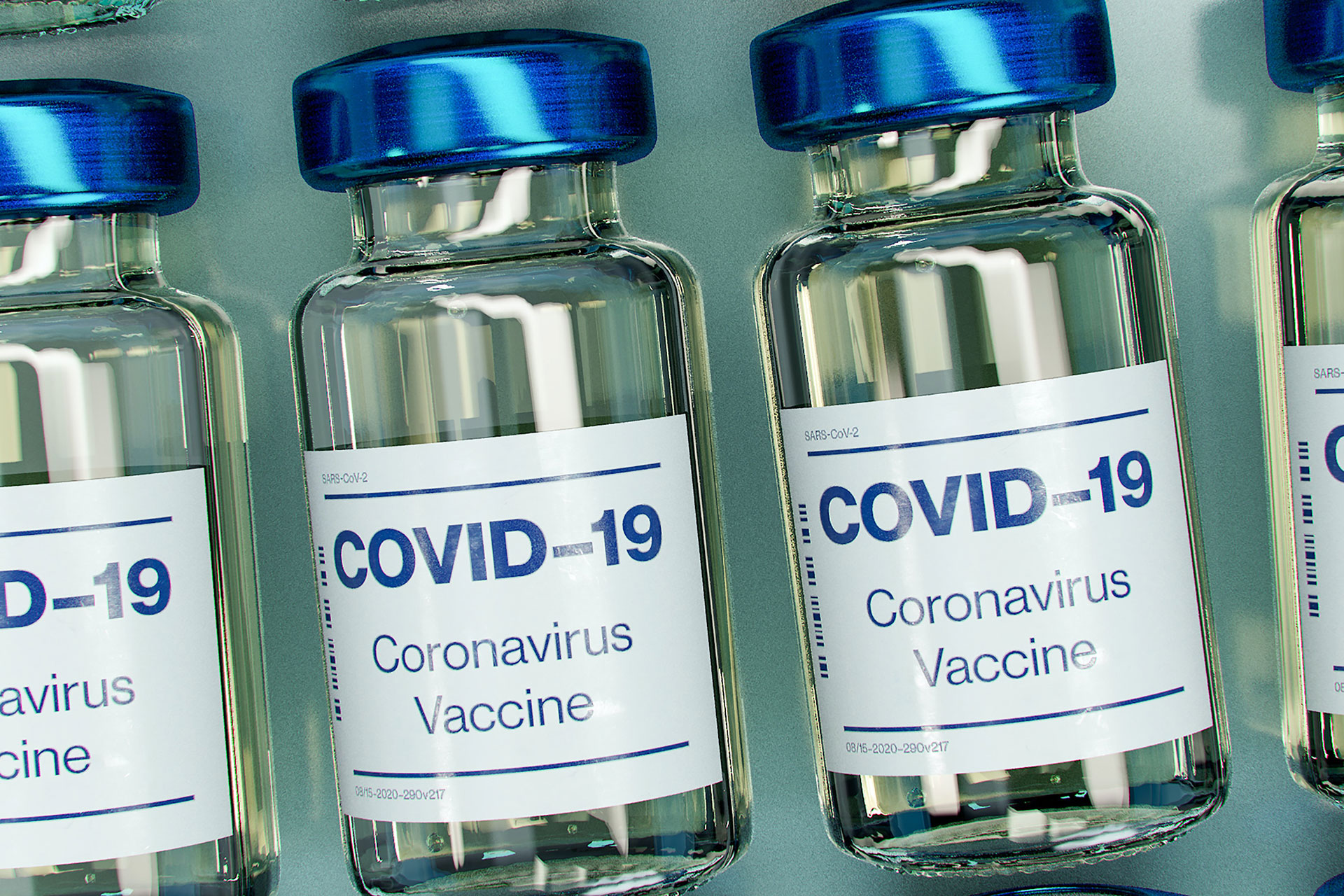How to prevent Respiratory Infections including COVID – 19

Respiratory infections, ranging from the common cold to more severe illnesses like influenza and COVID-19, are highly contagious and can significantly impact one’s overall health.
We will outline practical strategies rooted in scientific research, to help you effectively avoid respiratory infections.
Frequent Handwashing: The First Line of Defense
Regular and thorough handwashing with soap and water for at least 20 seconds remains one of the most effective ways to prevent respiratory infections. Handwashing helps remove viruses and bacteria from your hands, reducing the risk of transmission to your respiratory system.
Proper Respiratory Hygiene: Cover Your Coughs and Sneezes
When you cough or sneeze, respiratory droplets can spread pathogens to others. Always cover your mouth and nose with a tissue or your elbow, not your hands, to prevent the spread of infection.
Wear Masks in Crowded or High-Risk Settings
Wearing masks, especially in crowded or indoor settings where social distancing is challenging, significantly reduces the risk of respiratory infections. Masks act as a physical barrier, preventing the inhalation and exhalation of infectious droplets.
Maintain Physical Distancing
Maintaining a safe distance (at least 6 feet) from individuals outside your household minimizes the risk of respiratory droplet transmission. Avoid close contact with anyone displaying symptoms of respiratory illness.
Boost Your Immune System
A strong immune system can better fend off infections. Focus on a balanced diet rich in fruits, vegetables, whole grains, lean proteins, and healthy fats. Regular exercise, adequate sleep, and stress management also play vital roles in supporting your immune system.
Stay Updated on Vaccinations
Vaccinations are crucial in preventing various respiratory infections, including influenza and COVID-19. Stay up-to-date with recommended vaccines, as they significantly reduce the severity of illness and prevent complications.
SHS note: Always consult with the doctor. In some cases you might need to postpone or avoid it.
Maintain Clean Indoor Air
Proper ventilation and regular cleaning of air filters in enclosed spaces help reduce the concentration of airborne pathogens. Consider using air purifiers to further improve indoor air quality, especially in areas where ventilation is limited.
Practice Good Respiratory Etiquette in Healthcare Settings
If you work in or visit healthcare facilities, adhere to the specific respiratory hygiene practices outlined by the institution. Follow guidelines on mask usage, hand hygiene, and other infection control measures.
Preventing respiratory infections requires a combination of personal responsibility, adherence to scientific guidelines, and community-wide cooperation. By following these evidence-based practices and staying informed through reputable sources, you can significantly reduce your risk of contracting and spreading respiratory infections.


Responses